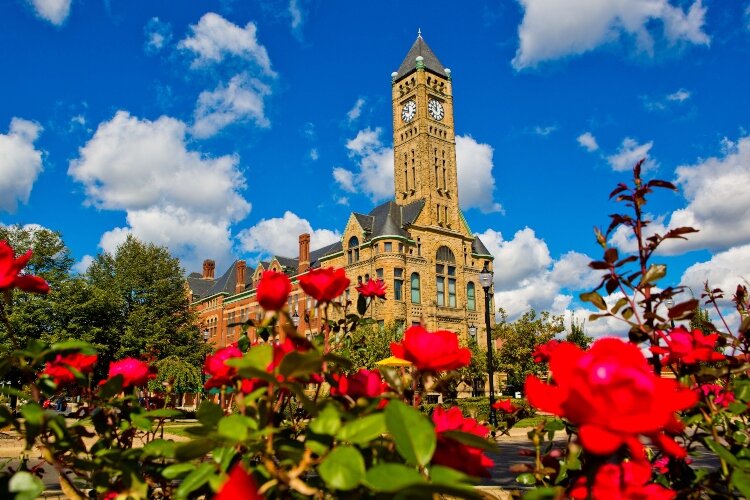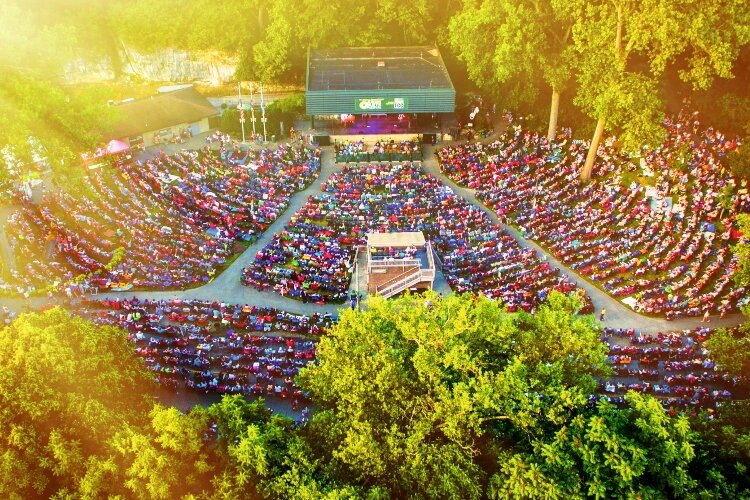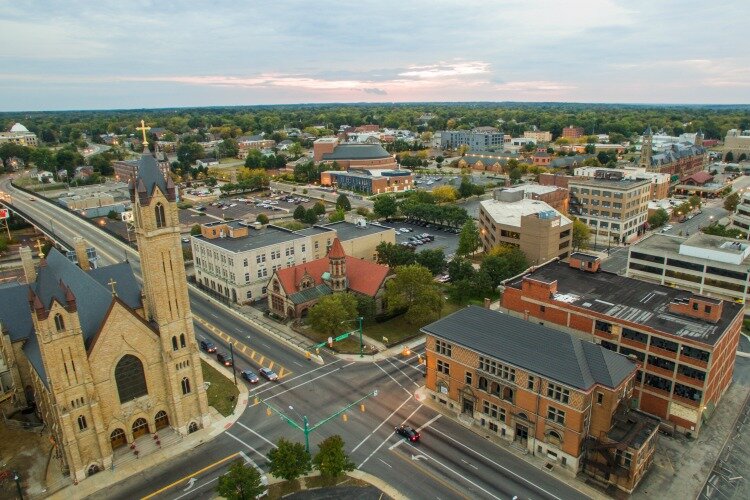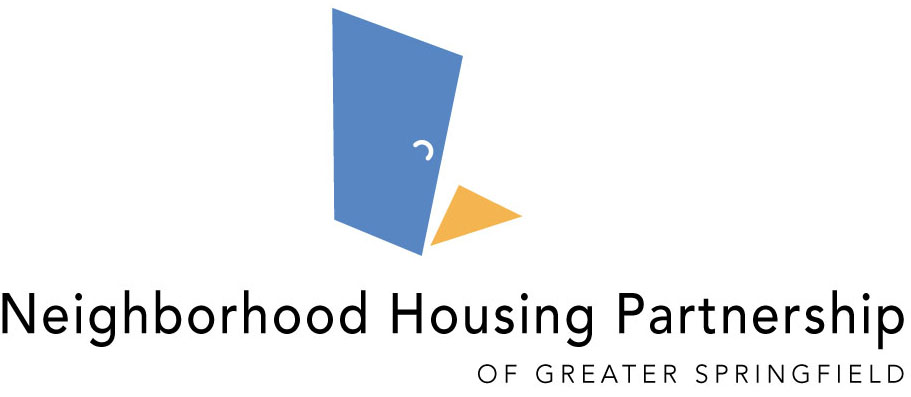Partner Partner Content ‘Placemaking’ an asset to drive community development
The Chamber of Greater Springfield's mentor advices communities to start preparing for post-pandemic life and take a serious look at placemaking.
Florida-based author and Founder of the Studer Community Institute, Quint Studer, has served as a mentor for the city of Springfield’s growth and development for The Chamber of Greater Springfield for almost two years.
The Chamber and Studer continue their collaboration to build a vibrant community in Clark County, conversing monthly about moving forward in unprecedented times.
A recent blog post by Studer offers insight to Why Now Is the Time to Get Intentional about Placemaking.
In the aftermath of 2020 and what is hopefully the light at the end of the tunnel built by the COVID-19 pandemic, Studer encourages communities to prepare to emerge back to a more public way of life – to prepare to gather again and take a look around.
“After months of staying home, it feels strange to talk about creating an inviting community, one literally designed to attract more people,” writes Studer. “We’ve gotten used to empty spaces, not lively, bustling ones. Yet as the pandemic slows and (hopefully) recedes, the topic of placemaking looms larger than ever.”
Horton Hobbs, vice president of economic development for The Chamber of Greater Springfield, says Studer’s article features a foundational set of points informing much of the collective work happening in Springfield.
“As we see talent retention and attraction as a main objective in the coming years, creating a vibrant place where people will live is critical to our long-term success,” he says.
Studer defines placemaking as “leveraging a community’s assets to create a strong shared identity; to connect public spaces with citizens; and to make it a better, more engaging place to live and visit. And more and more, we are starting to think of it as an economic strategy.”
And while “it’s always been ‘cool’ to have a charming, vibrant downtown. Now it’s necessary,” he writes.
Studer says “place” attracts talent, and talent attracts investment.
“This trend has been rising for a while, but the pandemic has underscored its validity. More and more, people can work from anywhere,” he writes. “Increasingly they will choose where they want to live, regardless of where their employer is located – and the communities that give them what they want will be the winners.”
Hobbs agrees, stating that it’s one thing to attract and grow jobs, but if people do not live in the Springfield community, then we have lost the full impact of the jobs.
“Greater Springfield Moving Forward and SpringForward are two private sector-led initiatives that are beginning to show noticeable changes to the downtown, our gateways and corridors, parks and greenspace, job creation and workforce development,” Hobbs says.
Hobbs says Studer’s key points are important, and we must pay close attention to them as they provide guardrails for our local strategy.
The spirit of placemaking, Studer says, is very American and lets us shape our cities, towns, and communities into what we want them to be.
“I believe one of several reasons Studer and his team have chosen to work closely with our community is because they saw that we have put placemaking at the core of our collective efforts,” Hobbs says. “While we are on the right path, we have much to achieve together, and our community is well-served by keeping this article and its key points in clear focus.”










